Mozambique: One Stop Border Post with Tanzania signed off on presidential visit - Watch
CNE chairperson urges election observers to submit request for accreditation on time
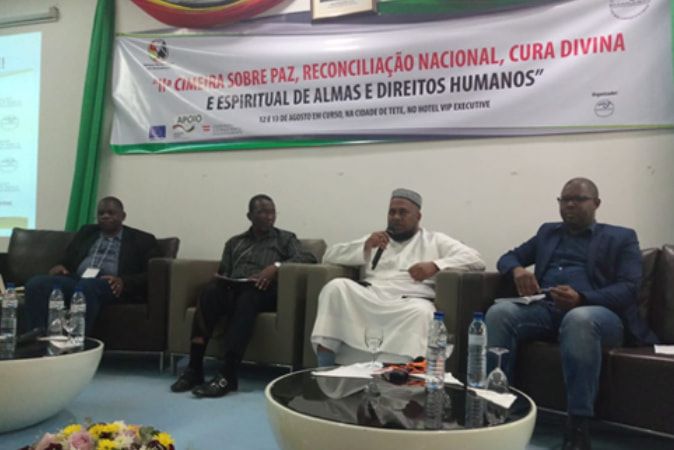
Carimo made these remarks during the "II Summit on Peace, National Reconciliation, Forgiveness, Divine and Spiritual Healing of Souls and Human Rights" [IIª Cimeira sobre Paz, Reconciliação Nacional, Perdão, Cura Divina e Espiritual de Almas e Direitos Humanos], which took place in Tete on 12 and 13 August. [Picture: Sala da Paz]
The chairperson of the National Electoral Commission (CNE), Sheik Abdul Carimo, has drawn the attention of the civil society organisations hoping to participate in the observation of the electoral process to the need to submit requests for accreditation of observers in good time.
According to Carimo, an avalanche of last-minute requests has created a burden on the electoral bodies and some apprehension among organisations.
“Delayed submission of requests for accreditation have contributed to our woes. In recent weeks, electoral bodies have been concerned with allocating material to districts and place where voting assemblies will be held, and it is at just this time that we have received a great number of requests for accreditation from organisation observers and political parties,” Carimo complained.
Carimo made these remarks during the “II Summit on Peace, National Reconciliation, Forgiveness, Divine and Spiritual Healing of Souls and Human Rights” [IIª Cimeira sobre Paz, Reconciliação Nacional, Perdão, Cura Divina e Espiritual de Almas e Direitos Humanos], which took place in Tete on 12 and 13 August.
Abdul Carimo said that he had also signed a memorandum of understanding with several civil society organisations for information-sharing, and met Maputo-based embassies, calling for support to organisations to be channelled timeously so that they could submit accreditation requests in a like manner. “But still, the delays in requesting credentials continue,” he lamented.
Speaking about hopes for peaceful and transparent elections, the CNE chairperson drew attention to some apparent lack of honesty and interest in the fairness of the process on the part of Mozambique’s political parties.
“Political parties in Mozambique are by no means saints – none of them. They (the parties with parliamentary representation) have the right to have one member as MMV and two candidacy delegates, but they have not so far seen fit to indicate the names,” he said.
Peace Room (Sala da Paz) representative Dércio Alfazema, who was also part of the panel in the debate on the electoral process, drew attention to recurrent delays in the organisation of the process.
“These elections have been scheduled for five years, but it seem we like to leave everything to the last minute. Electoral laws were passed off the cuff, and only now have the politicians decided to understand and sign the Peace Accord. The finance minister is still looking for money to fill the 50 percent deficit for the elections. For elections to take place in a tense and distrustful environment like this is very bad,” Alfazema said.
“As a result of these delays, we have parties that also failed to meet the deadlines for submission of candidates, and the electoral civic education which should be underway is not, due to lack of materials.”
The panel “Upcoming General Election Dialogue to Ensure They Are Peaceful, Orderly and Conciliatory” was moderated by journalist Tomás Vieira Mário. The speakers were Sheik Abdul Carimo, CNE Chairerson, Cornelio Quivela representing political parties and Dércio Alfazema from the Peace Room.
The summit was organised by the National Council of Religions (COREM) and brought together over 150 participants from across the country. The purpose of the summit was to define follow-up actions for religious institutions in view of the Definitive Peace and Reconciliation agreement signed between the President of the Republic and the leader of Renamo.


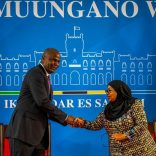

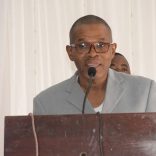
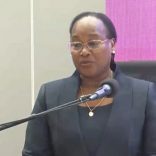

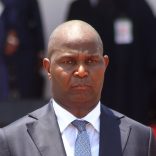




Leave a Reply
Be the First to Comment!
You must be logged in to post a comment.
You must be logged in to post a comment.